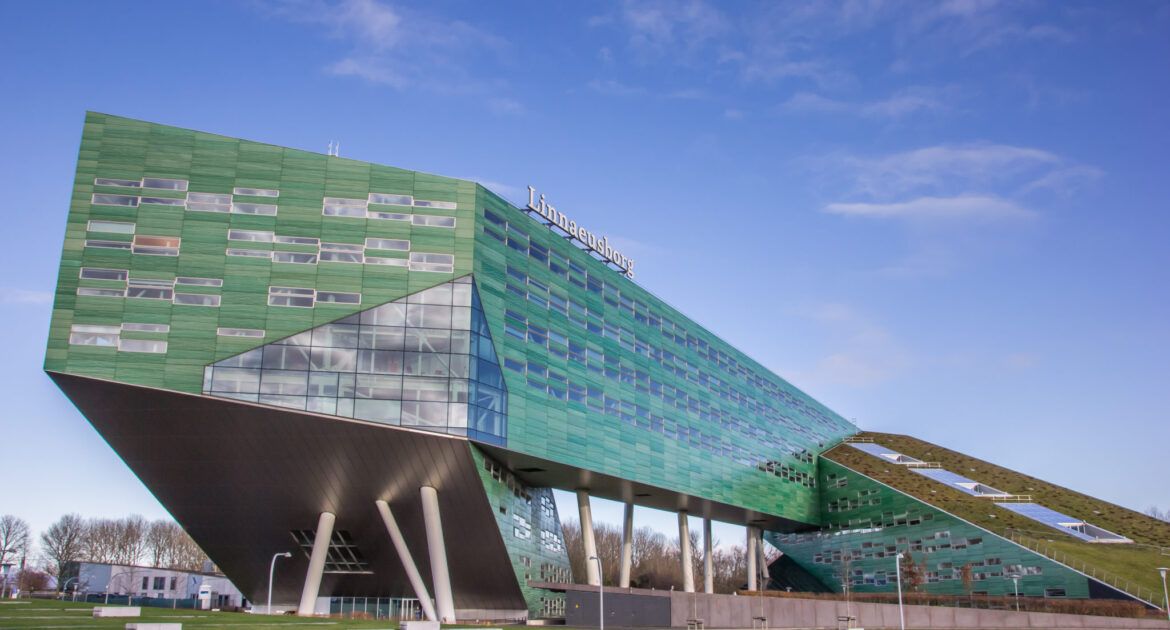Dutch universities offer a great environment students looking for a PhD In The Netherlands, well-resourced labs and libraries, a forward-looking research culture, favourable financial arrangements, and international colleagues.
Only the 14 institutions in the universiteit (WO) sector offer doctorates; a hogeschool is a university of applied sciences, analogous to the old British polytechnic system. However, many hogescholen offer doctorates in collaboration with universities and industry partners: for example, the HAN Automotive Institute at Hogeschool Arnhem en Nijmegen. There are also frequently doctoral posts offered by independent research institutes, again in partnership with universities.
A PhD In The Netherlands
A Dutch PhD involves carrying out rigorous, supervised research for four full years. Most programmes are individual research-based, but professional doctorates (such as Professional Doctorates in Engineering and Medicine) are also possible.
The final output is a dissertation, which candidates must defend before a panel of academic judges, and present in a public lecture at the end of their studies (the promovendus lecture).
An MA, MPhil or MSc is usually required as a prerequisite. Like UK Masters degrees, Dutch Masters programmes normally run for one year, although some are considerably longer. Prospective PhD students need to submit their credentials for vetting to the government agency Nuffic (see Resources).
Some programmes require or offer admission via examination. These procedures differ from university to university and programme to programme; details are often quite hard to find! Typically at least some of the exams are in Dutch only (even for programmes taught and examined in English…)
Language and living.
The Dutch language is not needed for all PhD programmes, but is a prerequisite for many and always an asset. Many universities require students to pass the Nederlands Tweede Taal (NT2) exam to prove their proficiency. The exam is managed by DUO (see Resources); classes are available through universities or privately.
EU students do not require a student visa, but may need to have certain paperwork certified and/or translated (for example, your birth certificate) and submit this to receive permission to remain in the Netherlands while studying.
All students are required to show proof of private health insurance and must register their address with the city government (gemeente) after moving. Watch out: in most major Dutch cities housing shortages have led to illegal rentals. If a listing says you cannot register (inschrijven), it is illegal. The university can help you find affordable, legal housing.
There are tax advantages for Dutch PhD researchers recruited from outside the Netherlands (see Resources: the “30 per cent rule” can save you a substantial sum over the course of your working life in the Netherlands, so don’t miss out by accident).
Finding a PhD In The Netherlands.
Typically, applying for a PhD place in the Netherlands is not unlike applying for a job—and most places do include a salary. Typically places are listed on the central register for academic posts, Academic Transfer (see Resources).
It is also possible to make a direct approach to an academic who works in your desired research area. However, unless your approach involves asking to join an existing or proposed funded project, you may not be offered research funding. That said, PhD costs for self-funded students are lower in the Netherlands than in some other countries, so this route may appeal to some.
RESOURCES
Dienst Uitvoering Onderwijs (DUO) – DUO administers student funding and state exams, including the NT2 Dutch language exam.
Finsens Tax Experts (2013) “The Dutch 30 percent ruling explained”
This programme provides an example of a collaborative PhD programme via a hogeschool.
Nuffic vets foreign academic qualifications, and also administers certain fellowships aimed at funding highly qualified overseas students.





Useful guide for aspiring PhD students in the Netherlands. It would be great if you could share some insights into the application process, including tips for writing a strong research proposal and finding potential supervisors. Thanks!